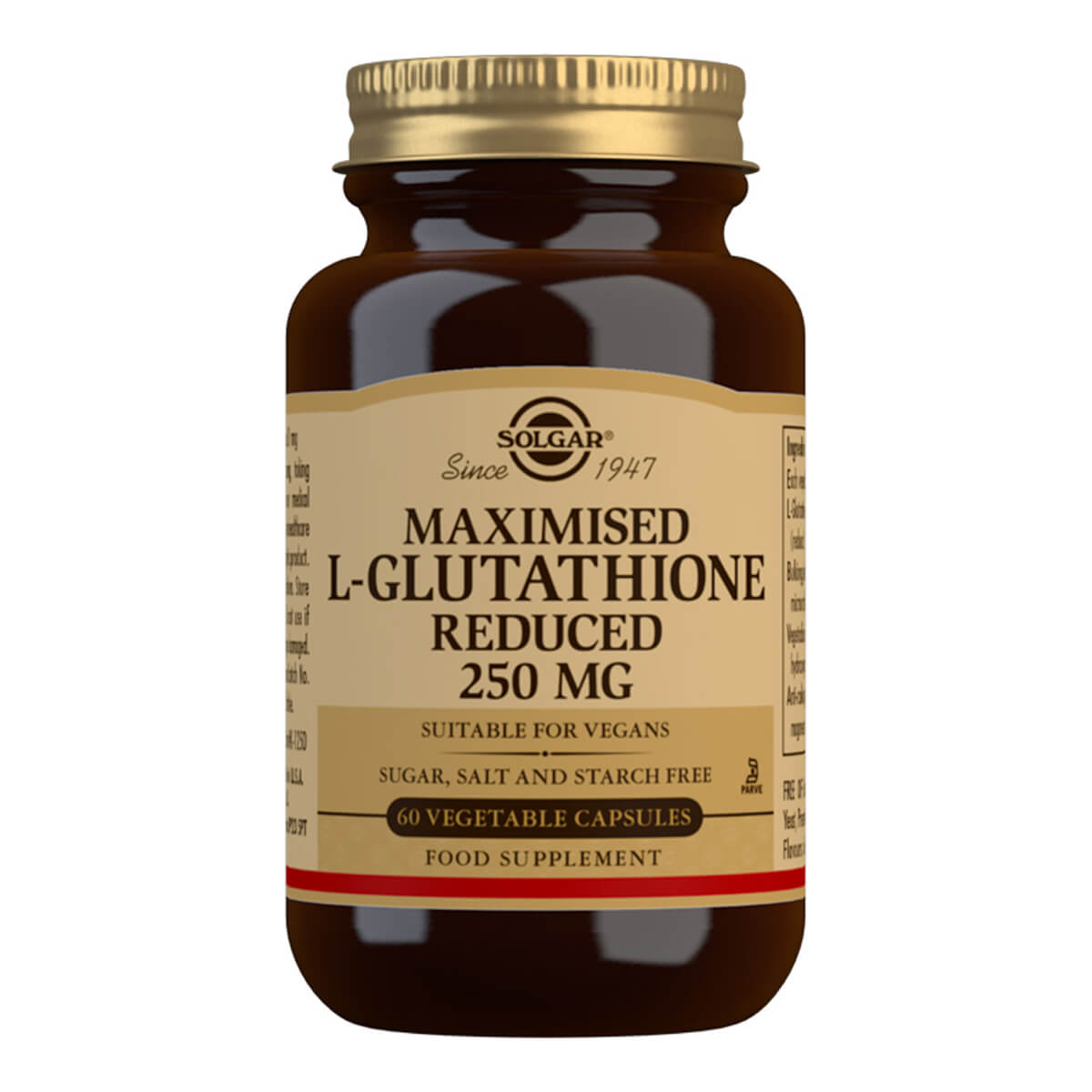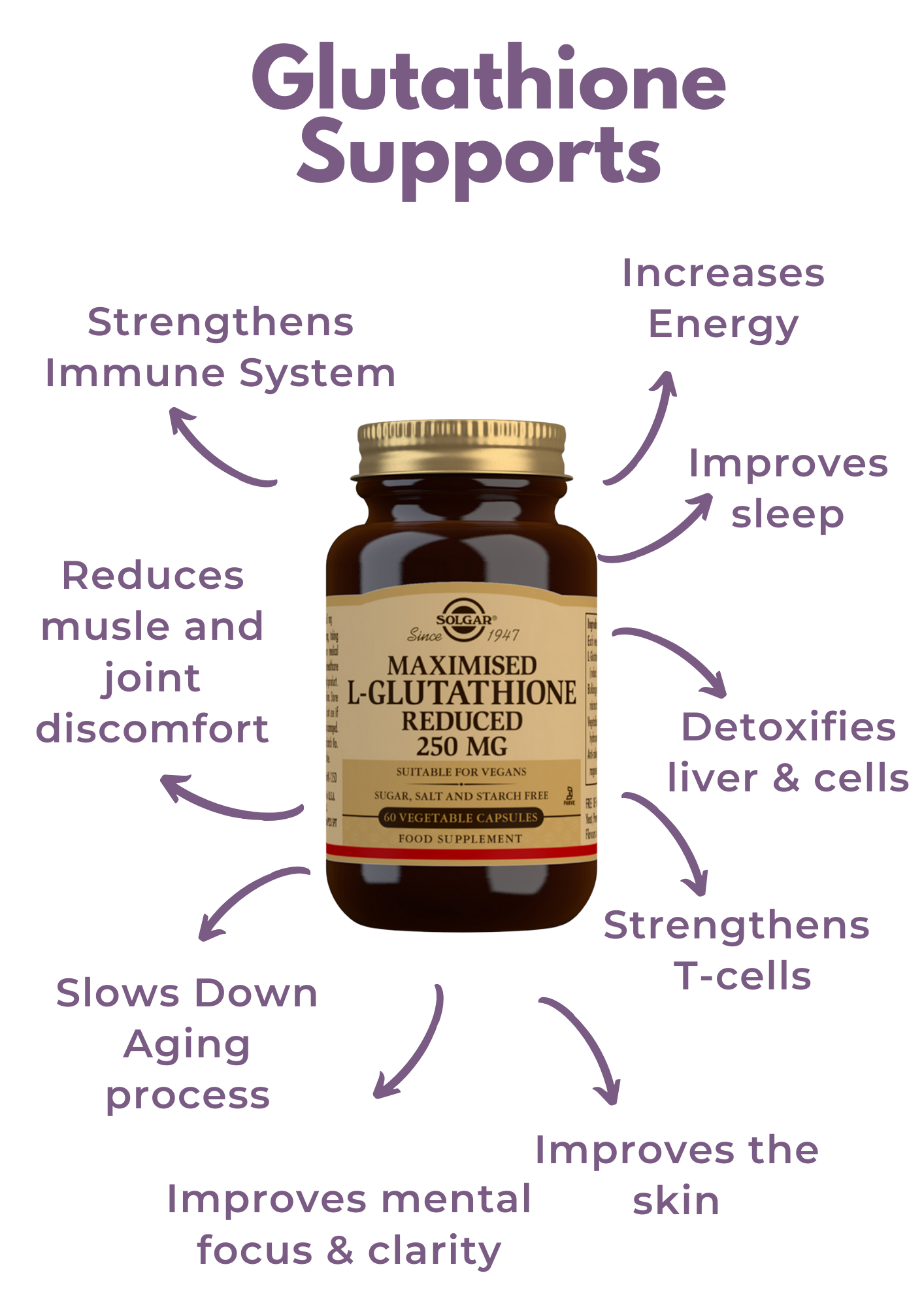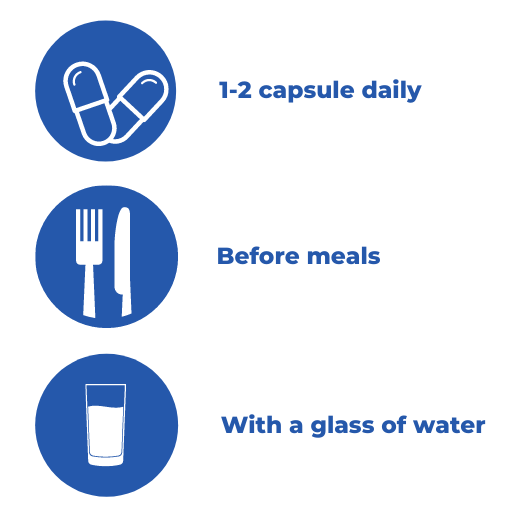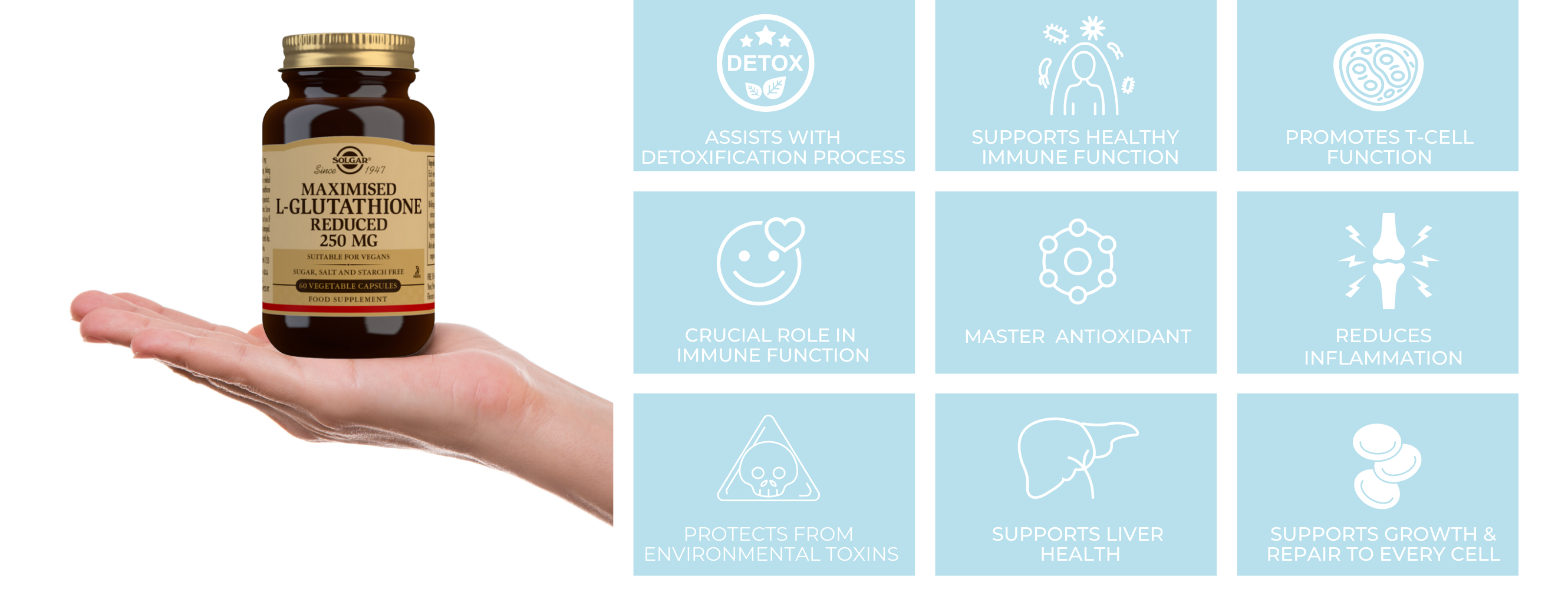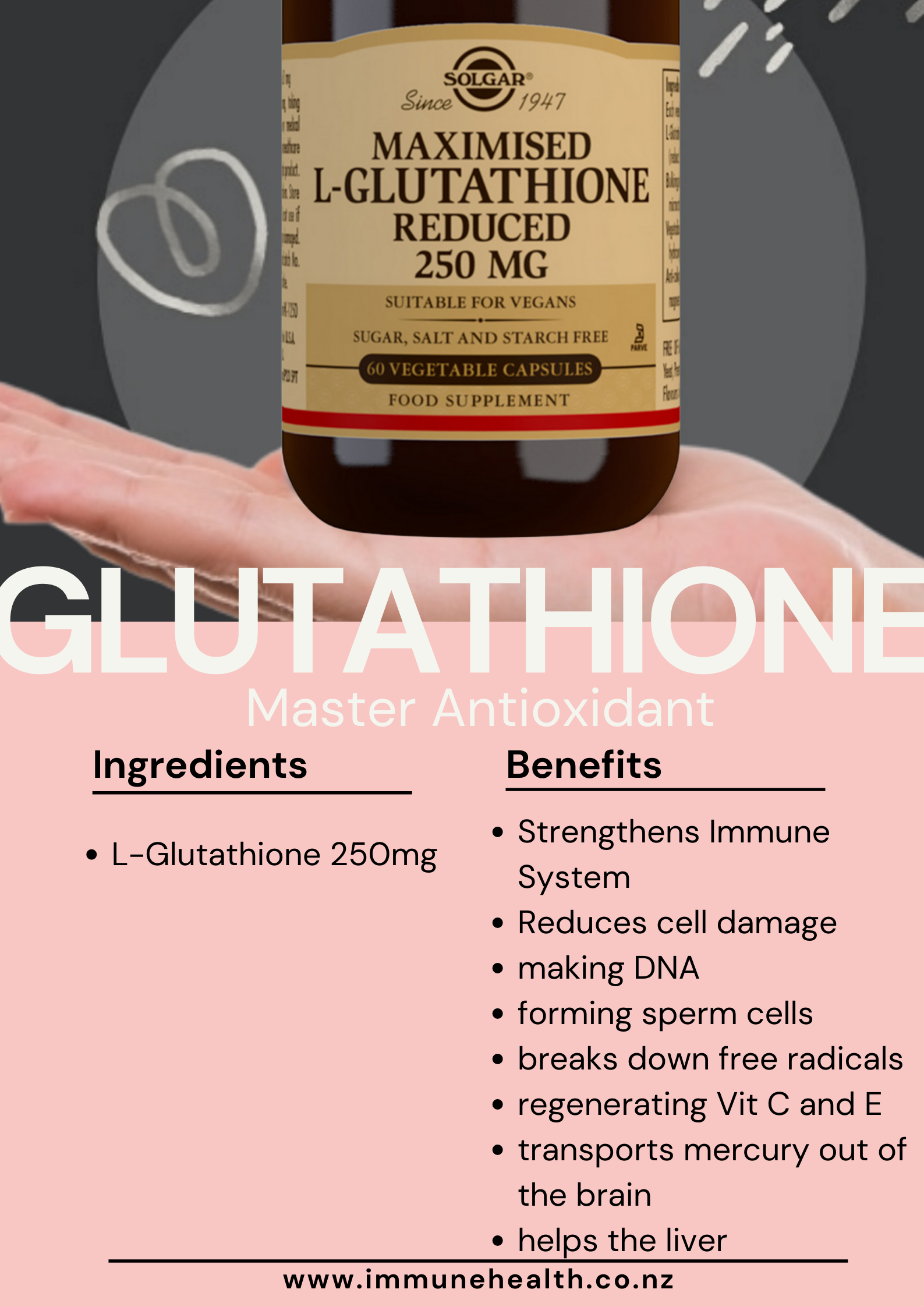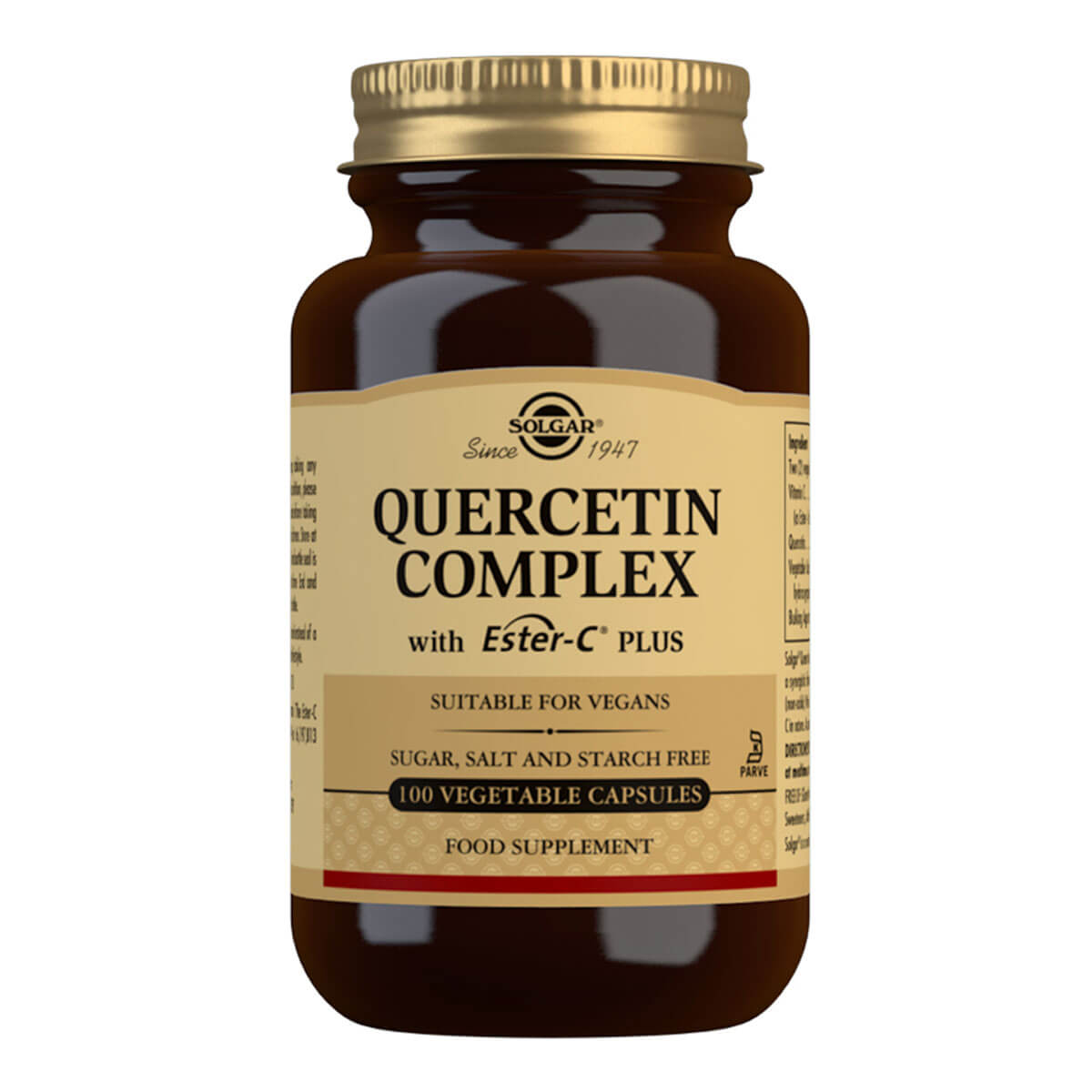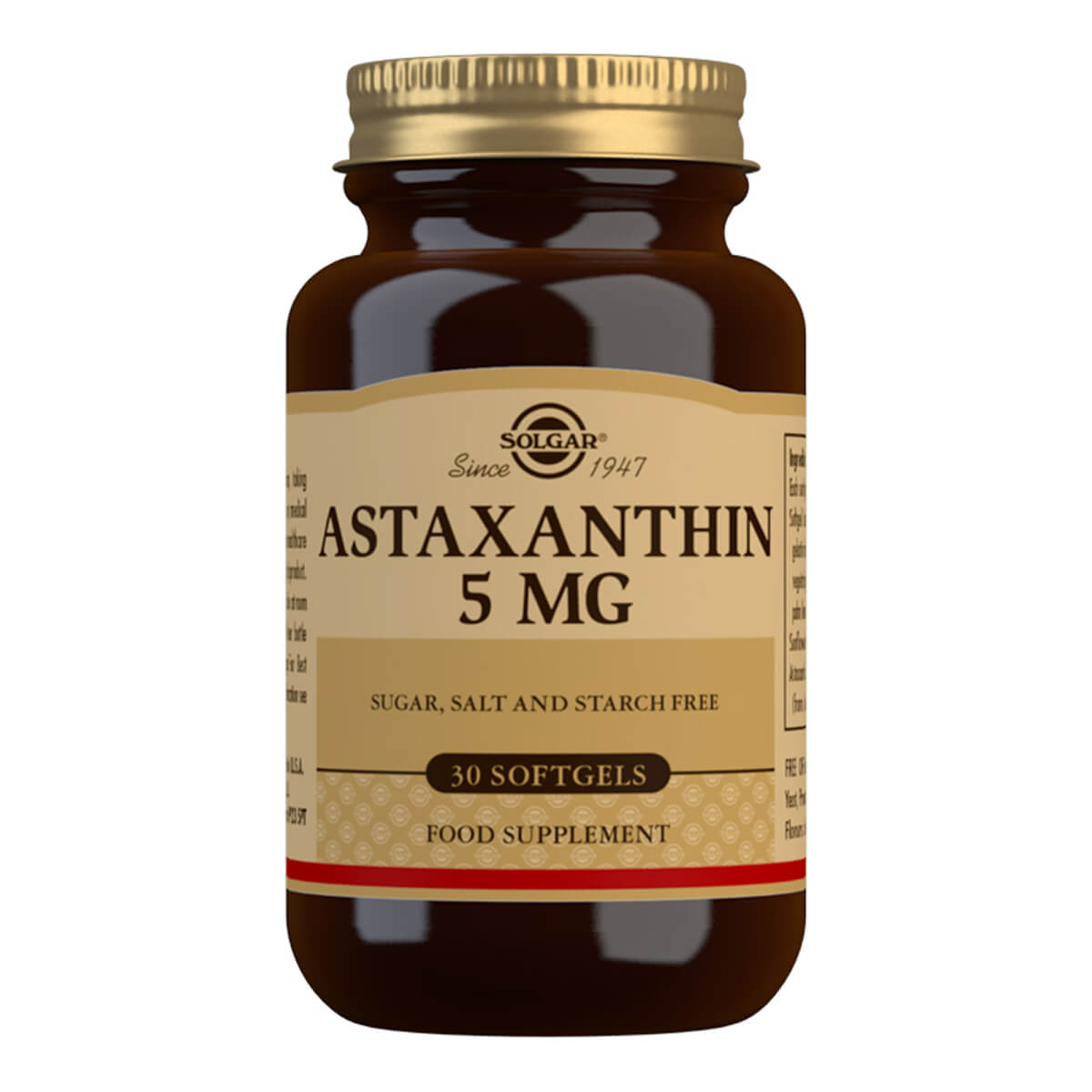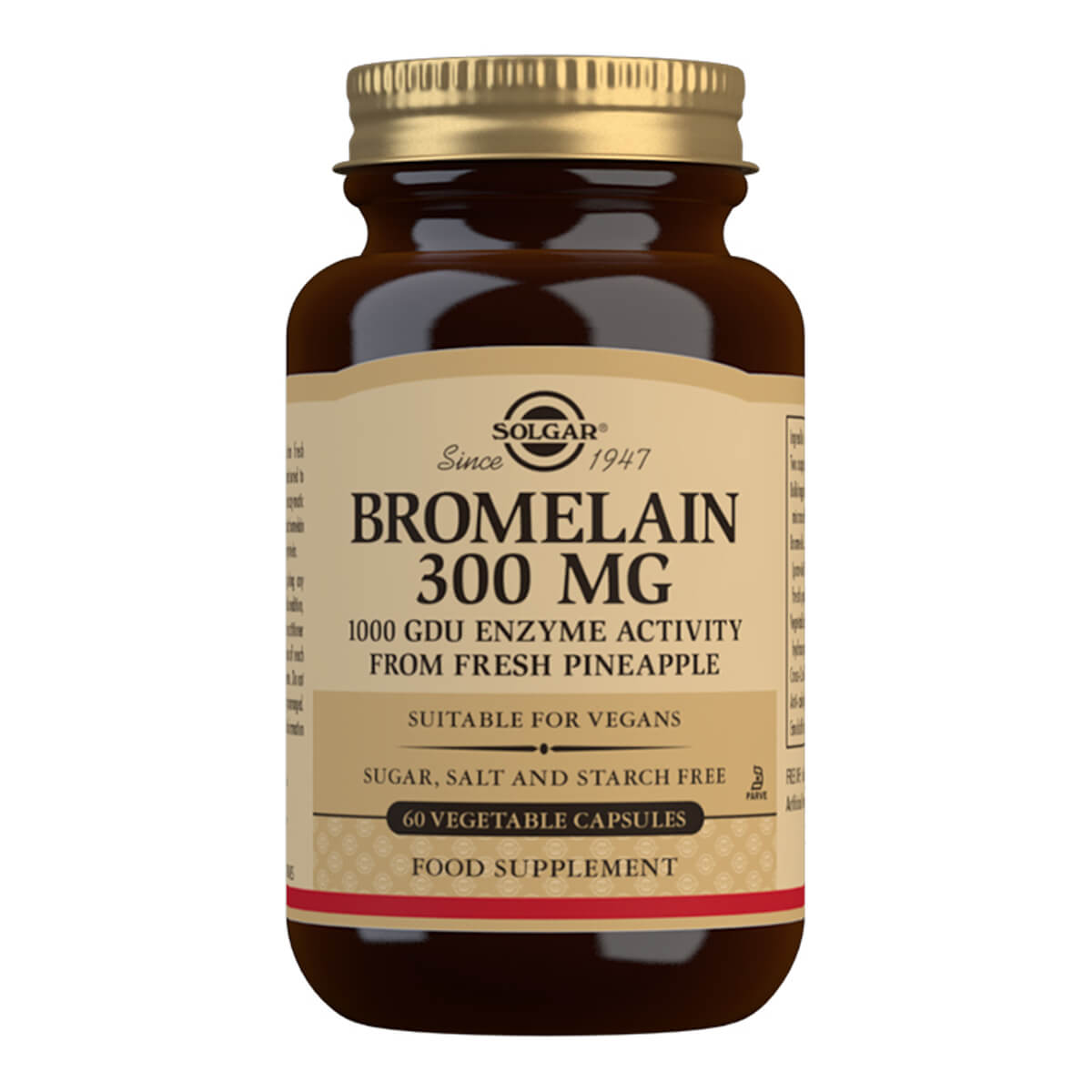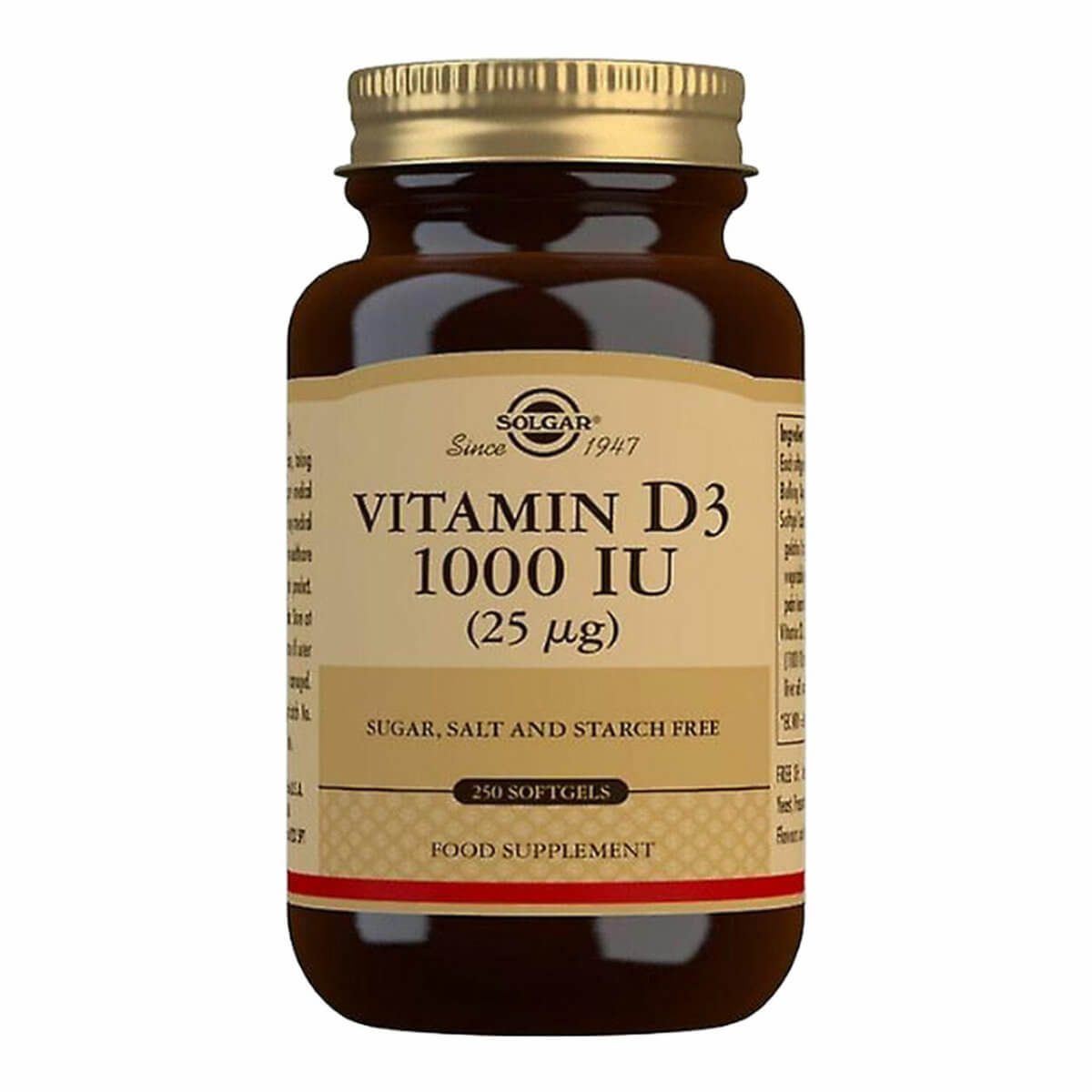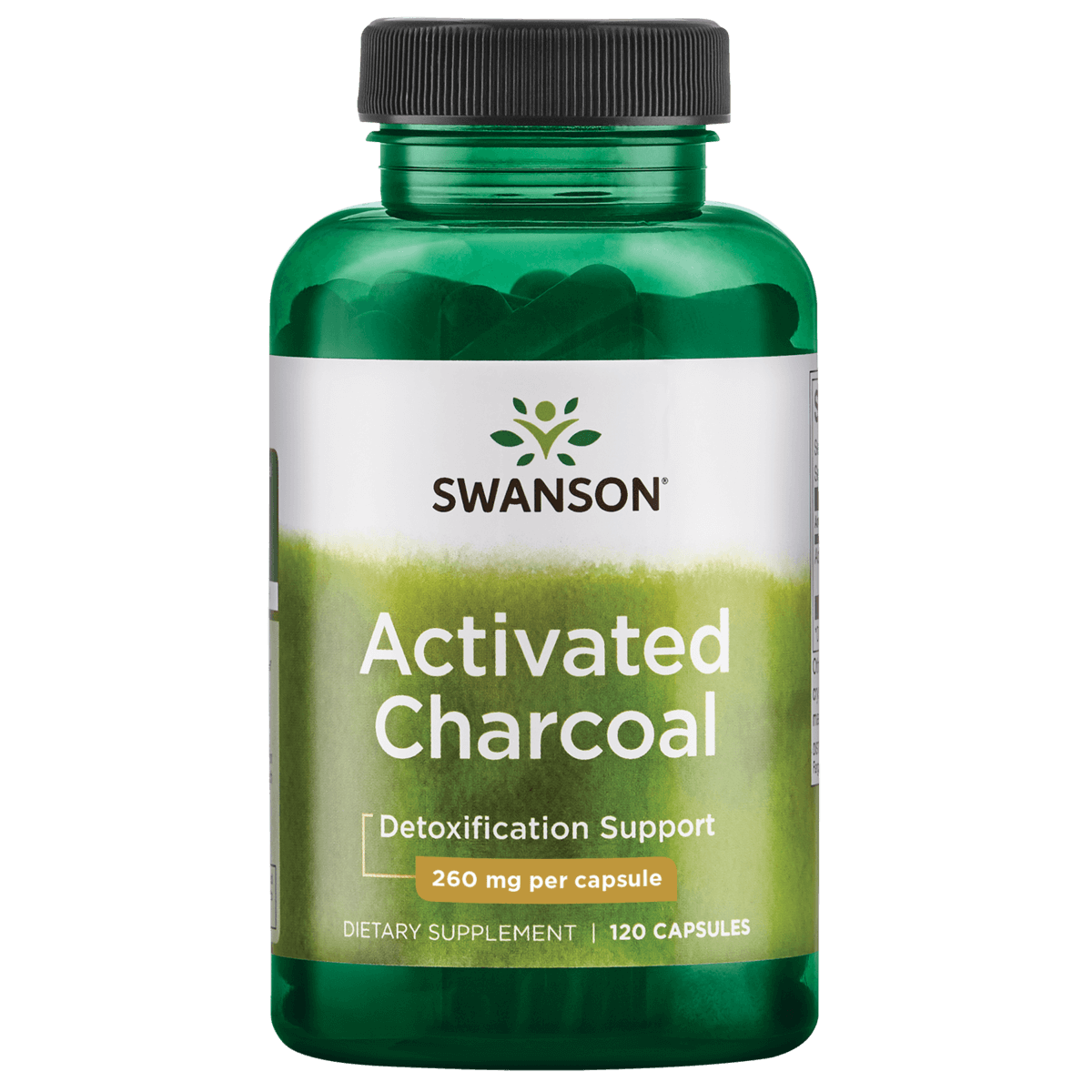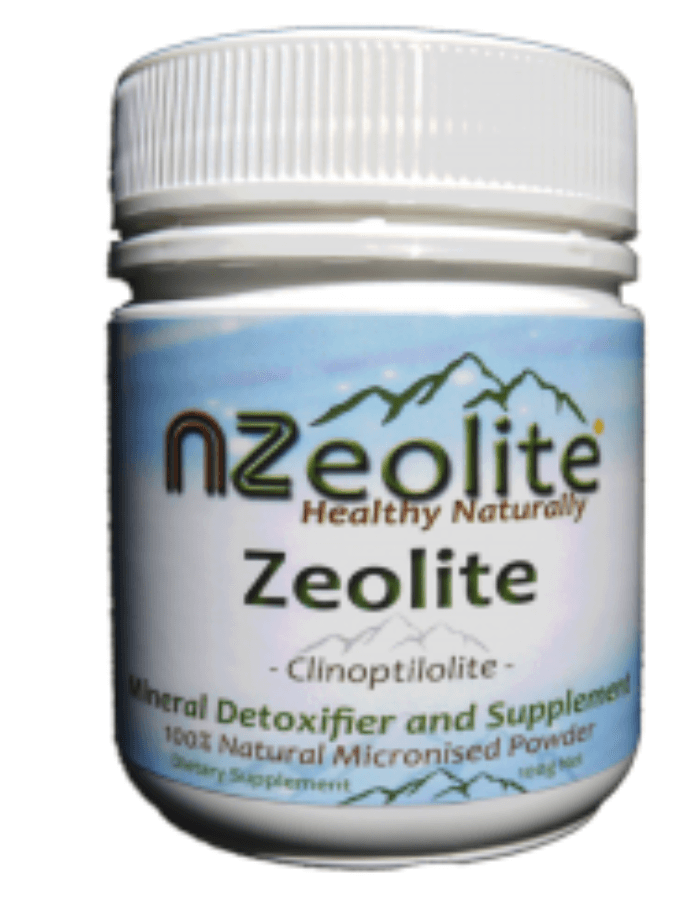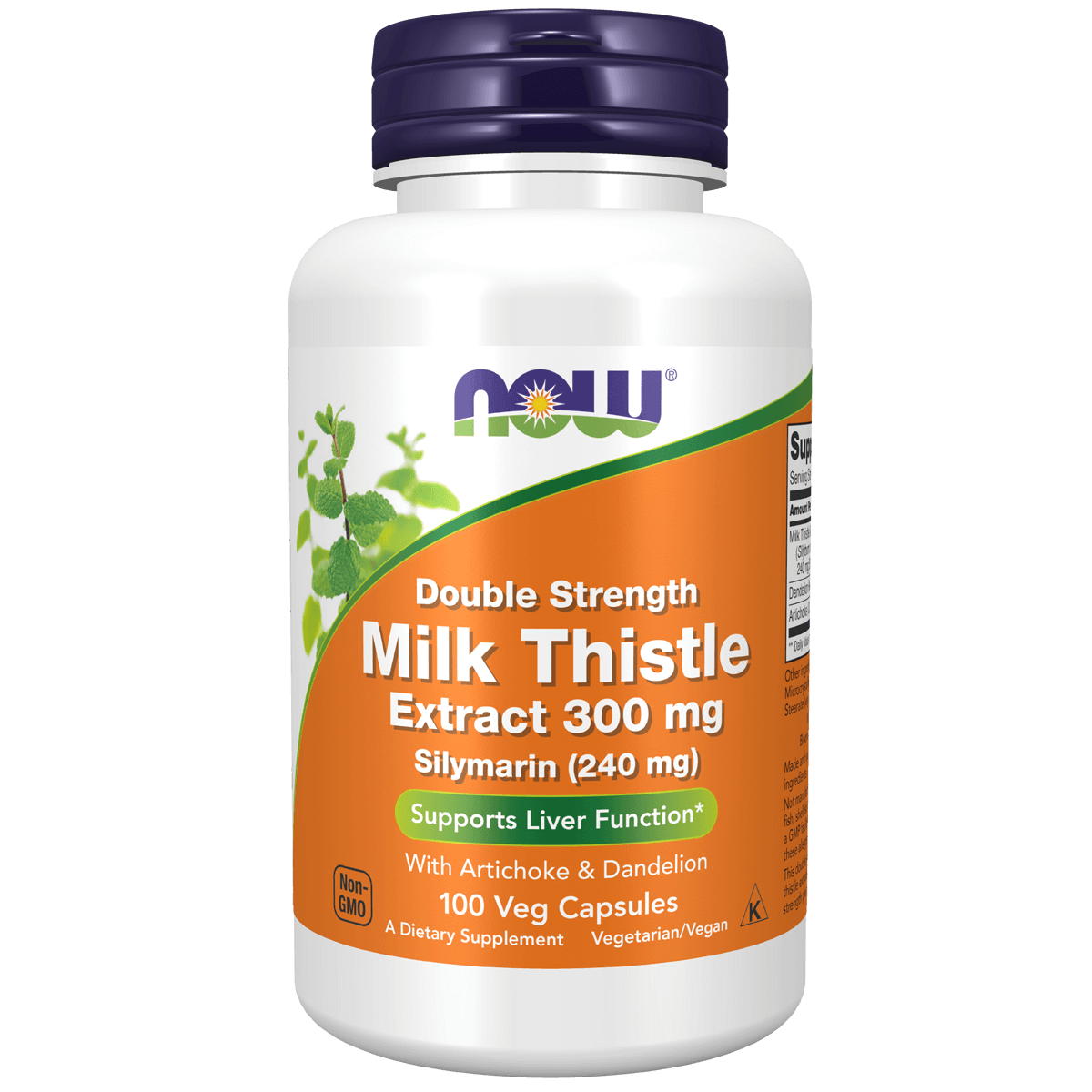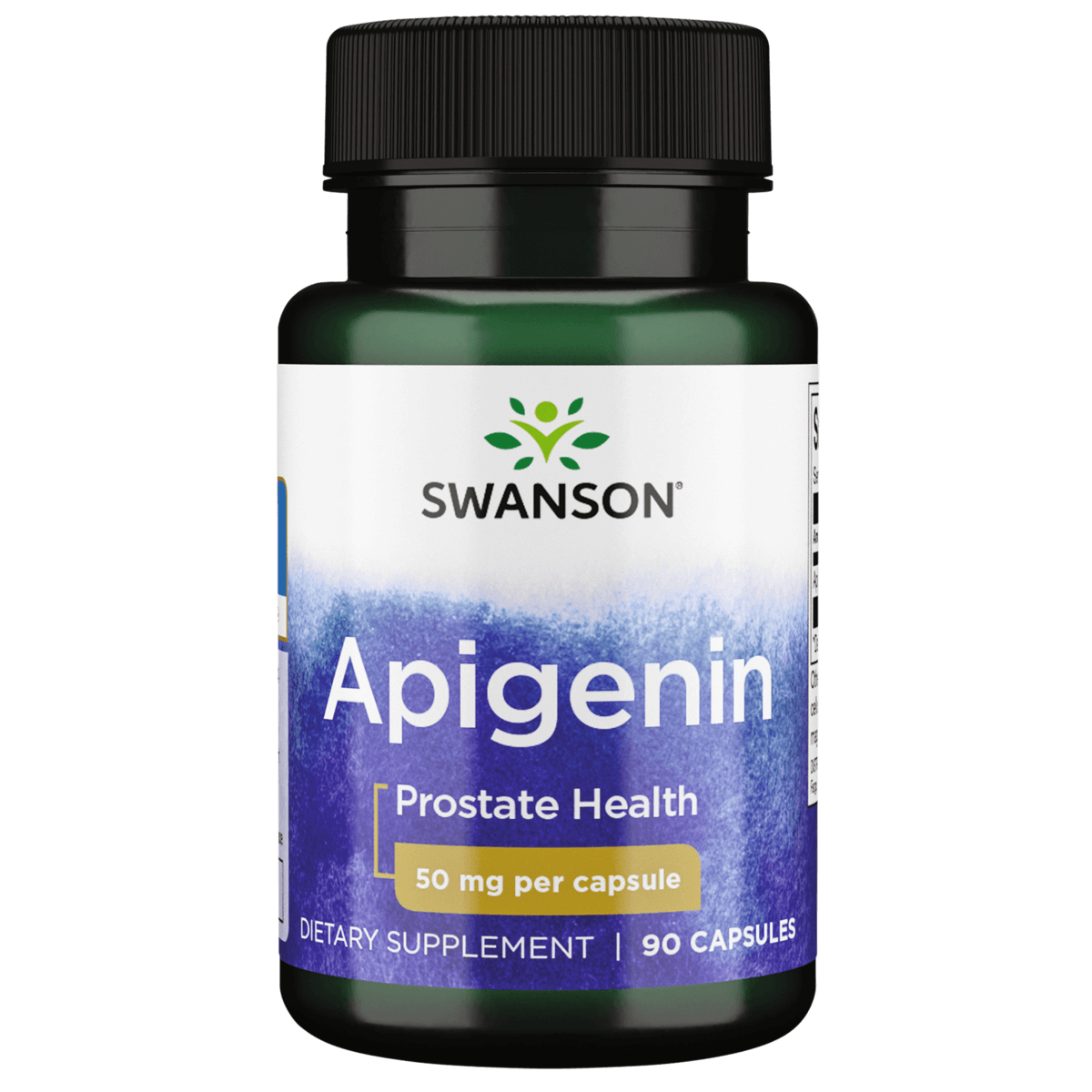Glutathione is often referred to as “the mother of all antioxidants,” and is one of the most talked-about supplements in the healthcare industry. It has a range of purported benefits that include enhancing heart, liver, and brain health.
WHERE TO FIND IT?
Foods with Glutathione (GSH)
A number of foods contain the building blocks for glutathione. These can be a great addition to your diet.
• GARLIC, asparagus, and cruciferous vegetables boost glutathione through their sulfur components.
• Animal food sources, which are higher in cysteine and methionine, can also help increase glutathione levels. Calcium and riboflavin also increase glutathione, dairy being a source of both
1) Fights Oxidative Stress
Glutathione reduces reactive oxygen species (ROS) and oxidative stress in the body, which would otherwise damage cells and DNA.
Glutathione is equally important for the regeneration of other antioxidants your body needs, such as vitamin C and vitamin E. It increases your overall antioxidant defence, a task that can never be accomplished just with one substance. It also recharges other antioxidants, thus preventing chronic diseases.
2) Lowers Inflammation
Glutathione (GSH) blocks the production of most inflammatory cytokines. If you suffer from chronic health issues, cytokines may keep you in a state of constant low-grade inflammation
In short: healthy levels of Glutathione = no inflammation = no disease
A number of airway and lung diseases are caused by excessive inflammation, and they can benefit from restoring healthy glutathione levels.
3) Anti-Ageing
Cells depleted of glutathione are susceptible to damage. Low levels trigger a cascade that ultimately leads to cell injury and death, which accelerates ageing
4) Mental Health
Anxiety, Depression & Stress, OCD and (the cure for) Schizophrenia
People with schizophrenia have low glutathione levels. NAC, which increases glutathione levels in the brain, improved symptoms of schizophrenia in clinical studies
5) Autism & ADHD
Oral and transdermal glutathione is being developed to restore levels in autistic children
People with ADHD have low glutathione and high oxidative stress levels. Pycnogenol, another natural GSH booster, normalized glutathione and overall antioxidant levels in children with ADHD
6) Protecting the Brain
The buildup of toxic proteins in Alzheimer’s further lowers GSH levels, making the patients more likely to be deficient.
Glutathione may help combat the oxidative stress that damages dopamine
Neurons in Parkinson’s disease.
People with Parkinson’s have low glutathione levels in the brain, and boosting GSH may be an early measure to prevent this disease
7) Fighting Infections
AIDS patients produce less GSH, which weakens their already fragile immune systems and decreases insulin sensitivity, Increasing glutathione levels may help improve symptoms and reduce the incidence of bacterial infections.
8) Gut Health
People with IBD have decreased activity of the enzymes involved in glutathione synthesis. They also tend to have lower levels of its main ingredient, cysteine
The most important enzyme involved in quenching free radicals is called glutathione peroxidase. This enzyme uses glutathione and requires selenium, to work with harmful substances. High levels of this enzyme point to more oxidative stress that needs to be neutralised
9)Heart Health
Low activity of glutathione peroxidase and low levels of glutathione are linked with high oxidative stress and an increased likelihood of heart attack
It can solve illnesses related to:
Kidney
Liver
Diabetes
Nerve and brain damage
Addictions
Lung and airways (shortness of breath, loss of smell or loss of taste)
Sleep apnea
Skin spots and patches
Even Acne!
Eyes
Cystic fibrosis
In pregnancy or Breastfeeding
Always consult your Dr.
Low glutathione levels may predispose pregnant women to depression and impair fetal brain development. Increased oxidative stress in the fetus has been linked to preterm labour.



